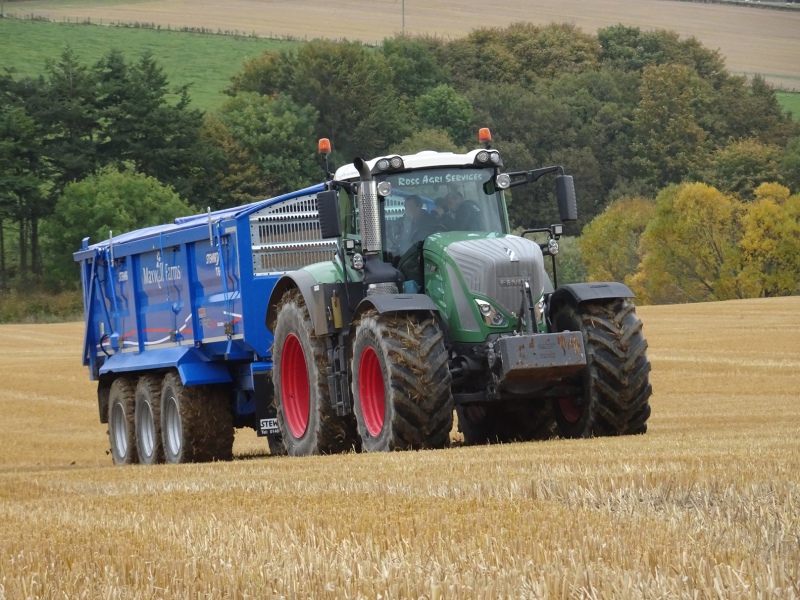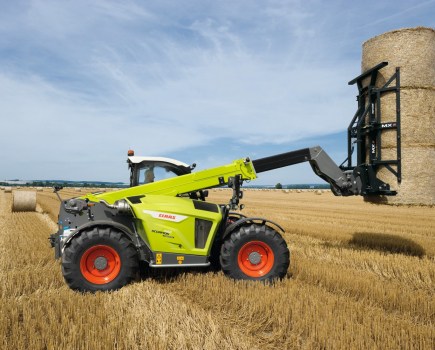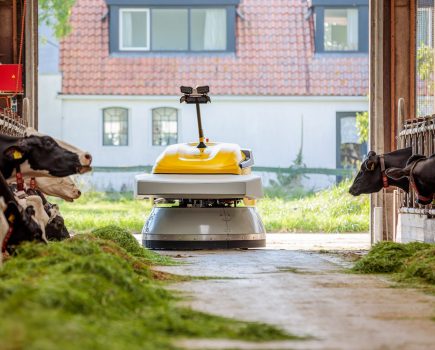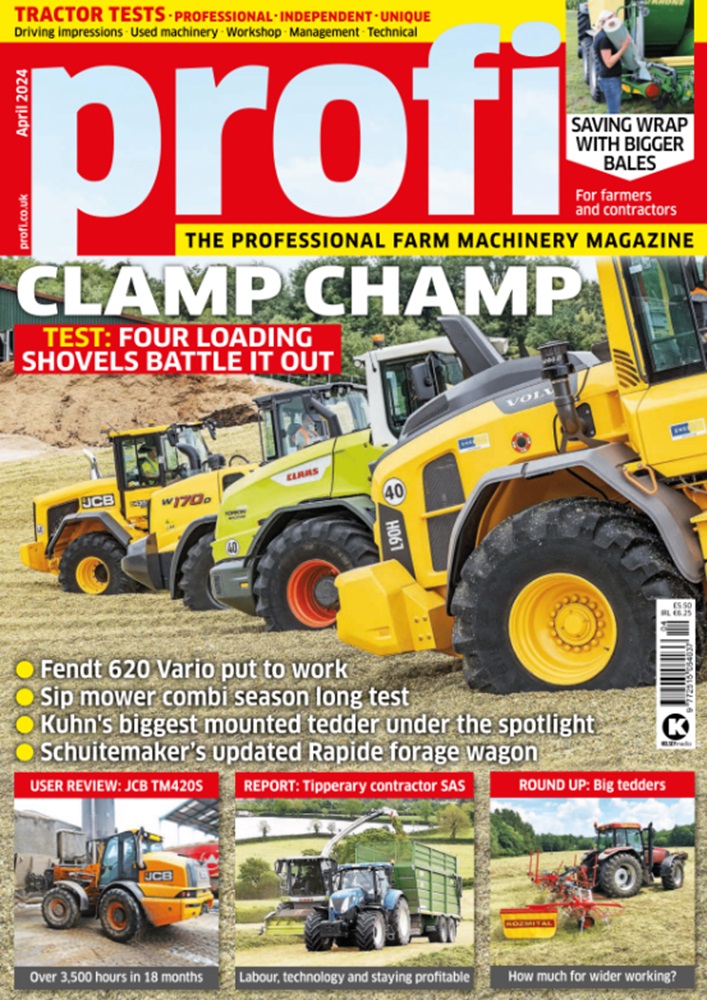Michelin field tests to demonstrate the benefits of using a central tyre inflation system with its Ultraflex technology tractor and trailer tyres, show that the lower pressures reduced rut depth by an average of 35.9%, while also reducing pass times by 3.7%, fuel usage by 9% and wheel slip by 29.2%. The tests, which took place at Maxwell Farms, near Turriff in Aberdeenshire, compared the differences between a Fendt 939 tractor and the latest generation Stewart Trailers tri-axle tipper when operating at conventional pressures – compared with the ultra-low pressures possible for field operation with Michelin’s AxioBib and CargoXBib High Flotation tyres. The Fendt was fitted with Michelin IF650/65 R34 and IF710/75 R42 AxioBib tyres, with 600/55 R26.5 CargoXBibs on the trailer. These tyres enable pressures to be reduced from 20psi on the front and rear of the tractor and 35psi on the trailer, to 12psi, 15psi and 13psi respectively. During the tests, the tractor and trailer combination make five passes at each of the two pressure settings, while operating fully loaded at 10km/hr on heavy blue clay in a gentle uphill direction. A 290% improvement in water infiltration was also recorded by soils and cultivations advisor, Philip Wright, director of Wright Resolutions. Analysing the difference between soil samples taken from both runs, the low-pressure run revealed an open structure with plenty of vertical fissures. “The porosity hadn’t been compromised so there would be good water, air and root movement down through the soil,” says Philip. “In contrast, a soil sample taken from the conventional pressure run showed a much higher stress and lower porosity in the surface zone which would be more restrictive to roots, air and particularly to water.” Farm manager Gary Jamieson of Maxwell Farms says their eight new tri-axle trailers were spec’d with CargoXBib high flotation tyres to try and reduce compaction and spread the weight of the load over the widest possible area. “We’ve been very impressed with the results; the tyres allow us to operate at pressures lower than anything we have seen before and the lack of compaction is tremendous.”
Benefits of low-pressure tyres

Michelin field tests to demonstrate the benefits of using a central tyre inflation system with its Ultraflex technology tractor and trailer tyres, show that the lower pressures reduced rut depth by an average of 35.9%, while also reducing pass times by 3.7%, fuel usage by 9% and wheel slip by 29.2%. The tests, which took place […]








